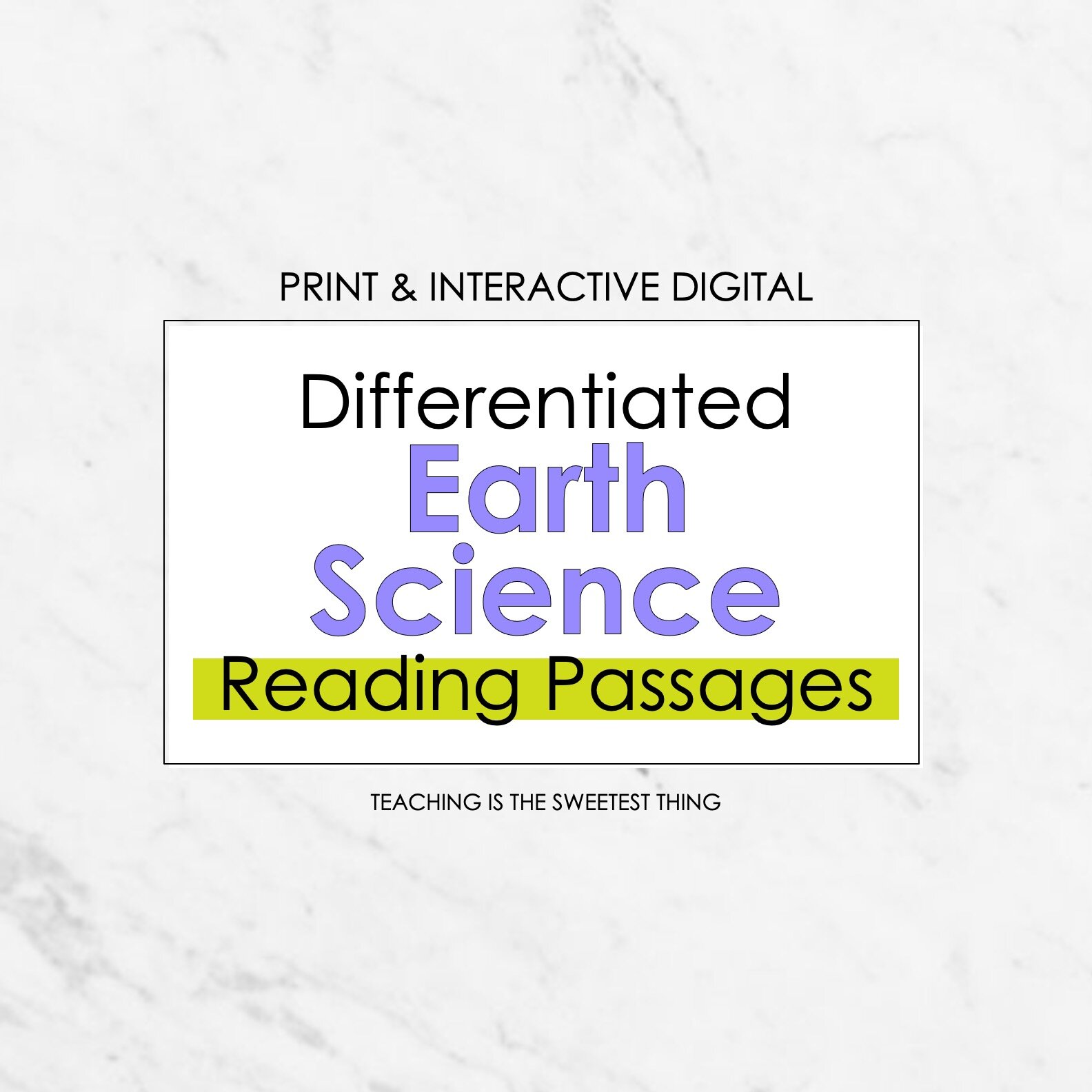← Return to Earth Science Main
Earth Science Websites and Videos for Students
Looking for Earth Science websites and videos to share with your students? If so, this is the list for you. It is a roundup of engaging and informative websites and videos for students all about Earth Science.
Kids have access to see, listen to, and read about more than ever before. We can leverage that to our advantage! When we partner with students as they explore the digital realm of the world, we can provide the guidance and tools they need to learn to safely navigate it. You can read more about using websites and videos in the classroom here.
If you’re ready to dive into this list of websites and videos, you can click through the navigation below or keep scrolling. Click on the images to access the resources listed. Be sure to preview all resources to determine age-appropriateness before sharing them with your students.
(Want more Earth Science resources? Hop over to this Earth Science book list.)
How Tsunamis Work
“The immense swell of a tsunami can grow up to 100 feet, hitting speeds over 500 mph -- a treacherous combination for anyone or anything in its path. Alex Gendler details the causes of these towering terrors and explains how scientists are seeking to reduce their destruction in the future.”
How Tornadoes Form
“Tornadoes are the most violent storms on Earth, with wind velocities that can exceed 200 miles per hour. How do these terrifying cyclones form? Meteorologist James Spann sheds light on the lifespan of tornadoes as they go from supercell thunderstorms to terrible twisters before eventually dissolving back into thin air.”
The Colossal Consequences of Supervolcanoes
“In 1816, Europe and North America were plagued by heavy rains, odd-colored snow, famines, strange fogs and very cold weather well into June. Though many people believed it to be the apocalypse, this "year without a summer" was actually the result of a supervolcano eruption that happened one year earlier over 1,000 miles away. Alex Gendler describes the history and science of these epic eruptions.”
Why DO Buildings Fall IN Earthquakes?
“Earthquakes have always been a terrifying phenomenon, and they’ve become more deadly as our cities have grown — with collapsing buildings posing one of the largest risks. But why do buildings collapse in an earthquake? And how can it be prevented? Vicki V. May explains the physics of why it is not the sturdiest buildings, but the smartest, that will remain standing.”
How to Grow a Glacier
“Explore the ancient methods of growing glaciers, the homemade bodies of ice used as water sources, and how they can be used to combat climate change.”








